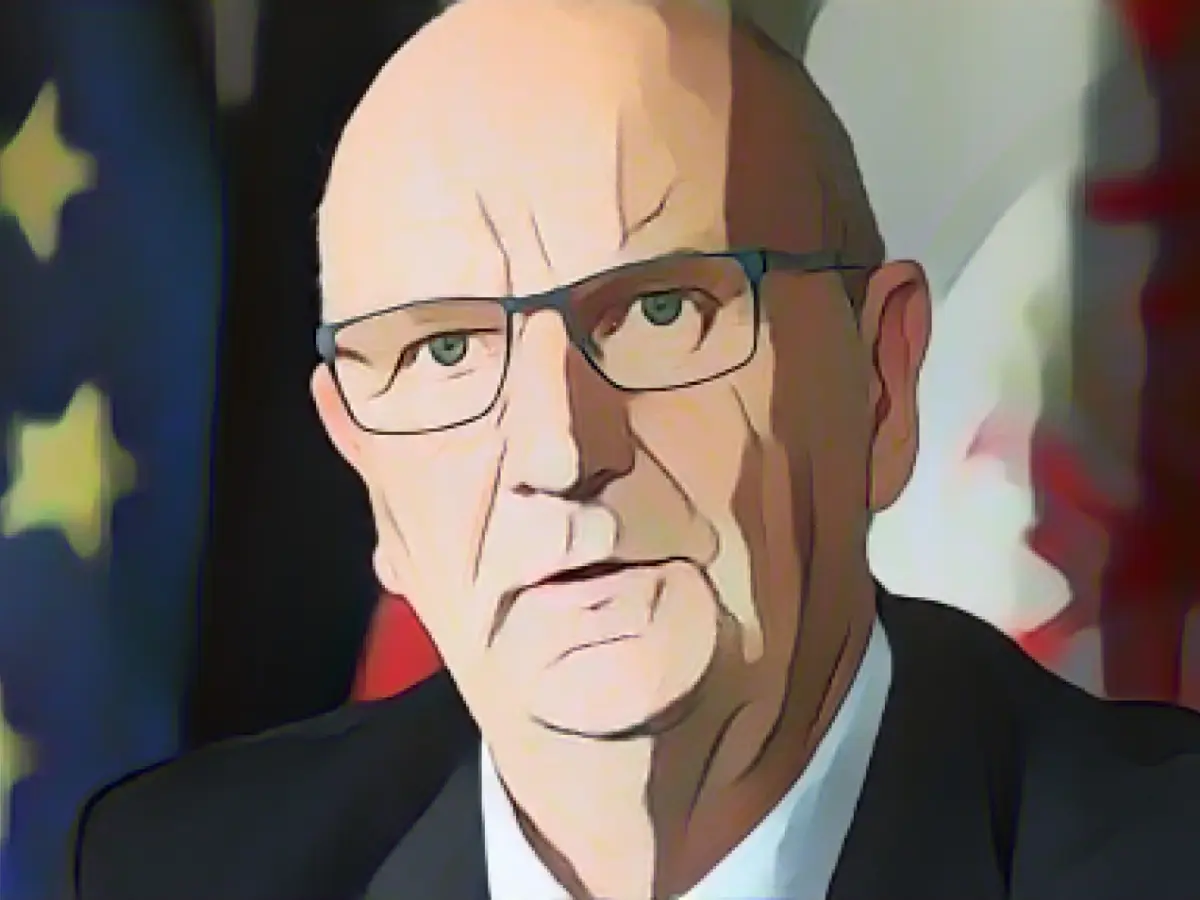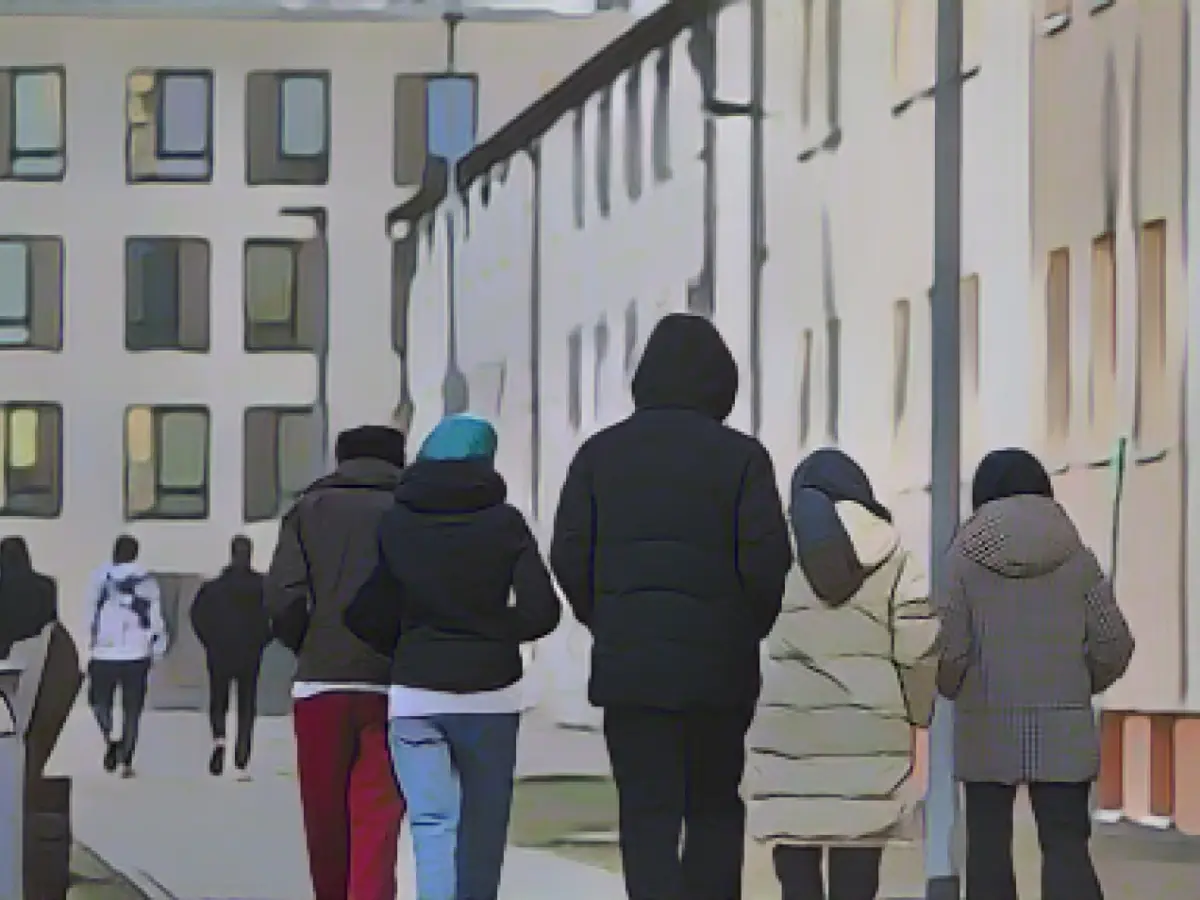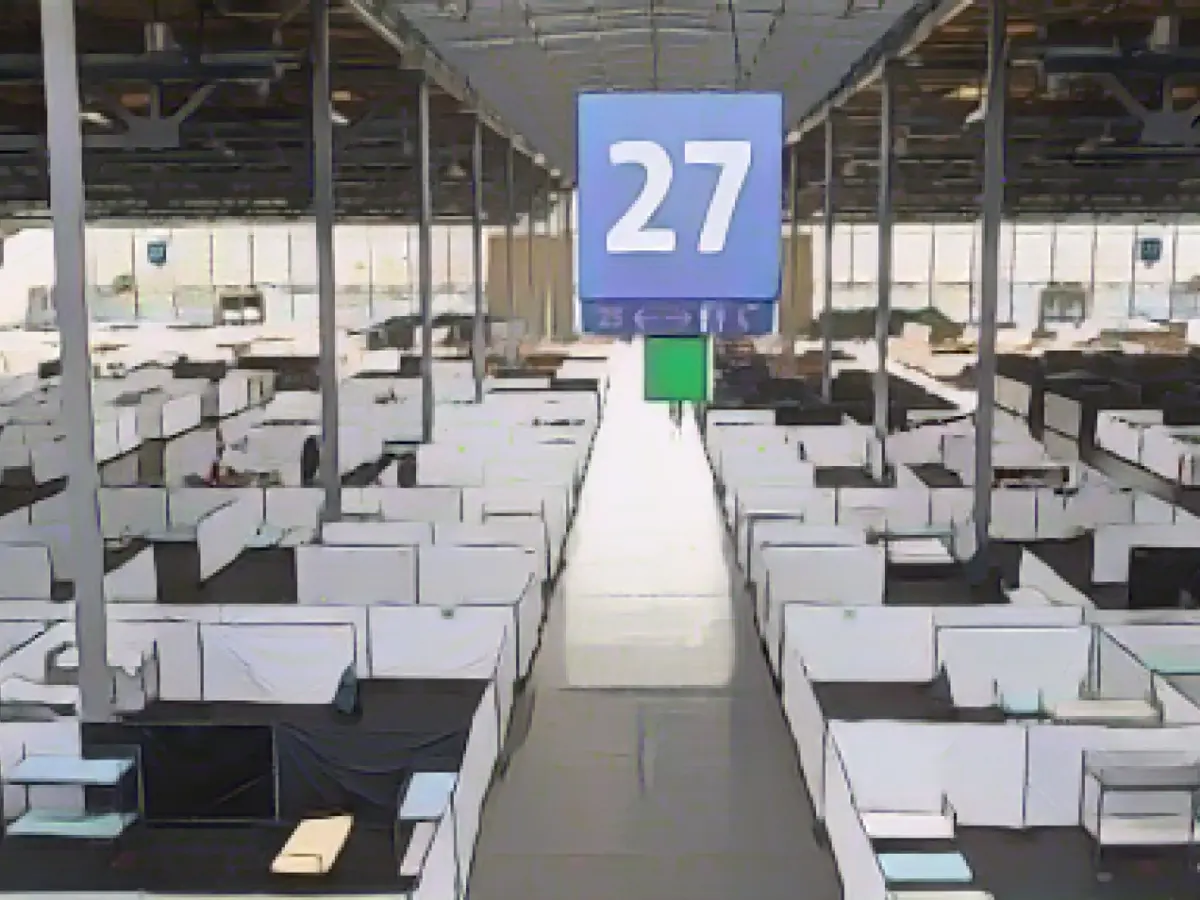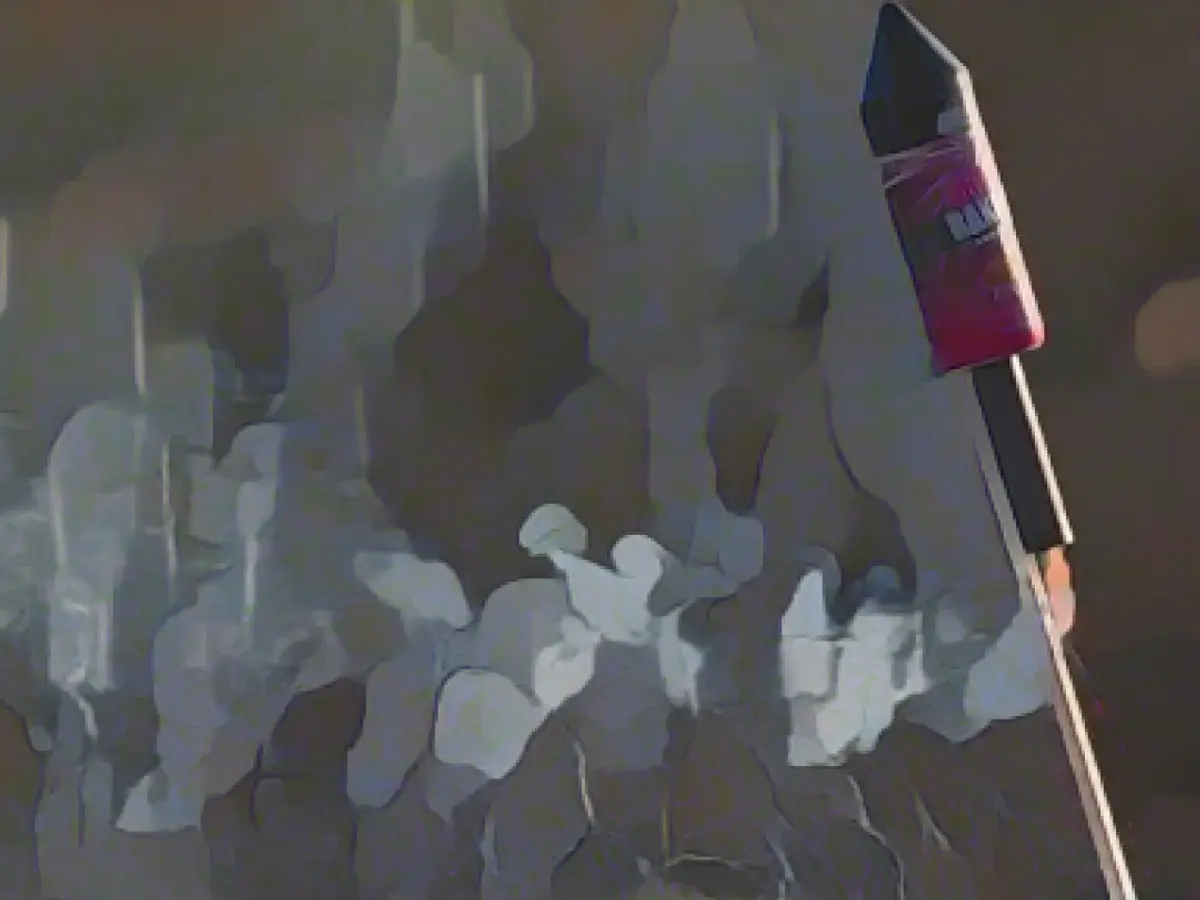Title: Enhancing EU Border Security: Stübgen's Call to Action
In the aftermath of the EU asylum compromise, Brandenburg's Interior Minister, Michael Stübgen (CDU), urges beefed-up security at the EU's external borders. Addressing the German Press Agency, Stübgen, who will assume the Chairmanship of the Conference of Interior Ministers (IMK) in January, emphasizes the need for increased security to tackle the smuggling mafia.
New regulations are on the horizon as EU states and the European Parliament strike a deal. These regulations aim to punish countries considered relatively safe more severely while reorganizing refugee distribution. Should states opt out of refugee intake, they'll be required to offset their absence through financial support. To secure the final approval, both the European Parliament and EU member states have to weigh in.
On this issue, Stübgen maintains that stricter procedures for unfounded asylum applications are crucial. However, he stresses the need for external border camps to be humane and equipped prior to implementation. The solidarity mechanism for refugee distribution, according to him, presents a commendable first step - necessary to reach a consensus. Stübgen, too, supports direct refugee intake from crisis regions through assistance programs.
Stübgen has advocated for fixed border controls at Poland's frontier for months, with the Federal Interior Minister, Nancy Faeser (SPD), eventually enacting border controls at Germany's borders with Poland, Sweden, and Switzerland in mid-October. These measures have effectively reduced irregular migration and illegal refugee entrances. Notably, Schengen area border controls have not been planned.
Though border controls are highly effective as a temporary measure, Stübgen expresses a desire to abolish them. According to him, border controls are an exceptional measure, authorized for an initial six-month period. To discontinue them, EU external borders must secure.
Stübgen applauds the compromise reached between parliamentary groups in the Bundestag, allowing for easier deportations. The improved deportation procedures, Stübgen suggests, will facilitate more efficient organization of returns. Nonetheless, he emphasizes that while repatriations are important, they do not represent the solution to significant challenges. Instead, preventing access to the EU remains the priority.
Additional Insights
Stübgen's advocacy for deportation discussions with the Taliban and Syria and medium-term refugee returns option suggest a focus on internal security, albeit without addressing explicit external border security policies.
Key Takeaways
- Stübgen outlines the need for increased security at the EU's external borders following the EU asylum compromise.
- His stance aligns with more stringent asylum procedures, financial aid for unwilling member states, and the reallocation of refugees.
- Stübgen believes that humane external border camps are essential before enforcing their deployment.
- He showcases his support for direct refugee intake from crisis regions and easier deportation procedures.








